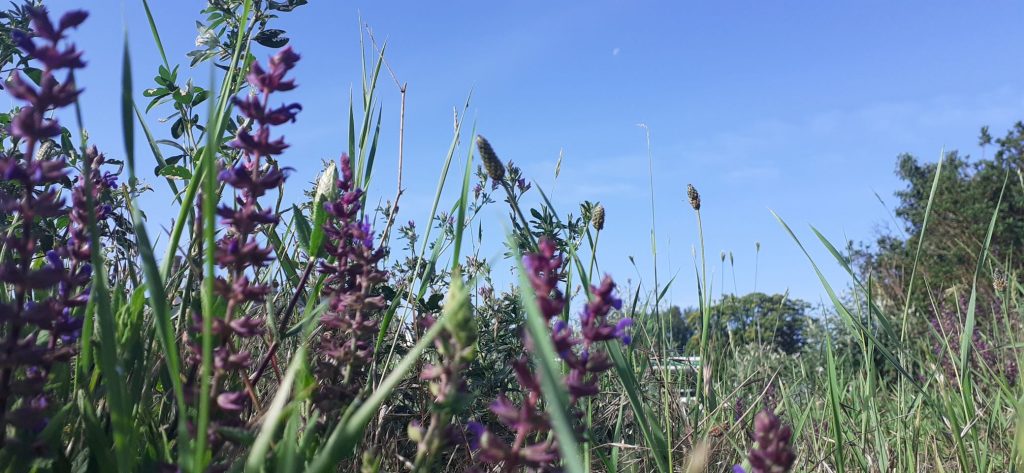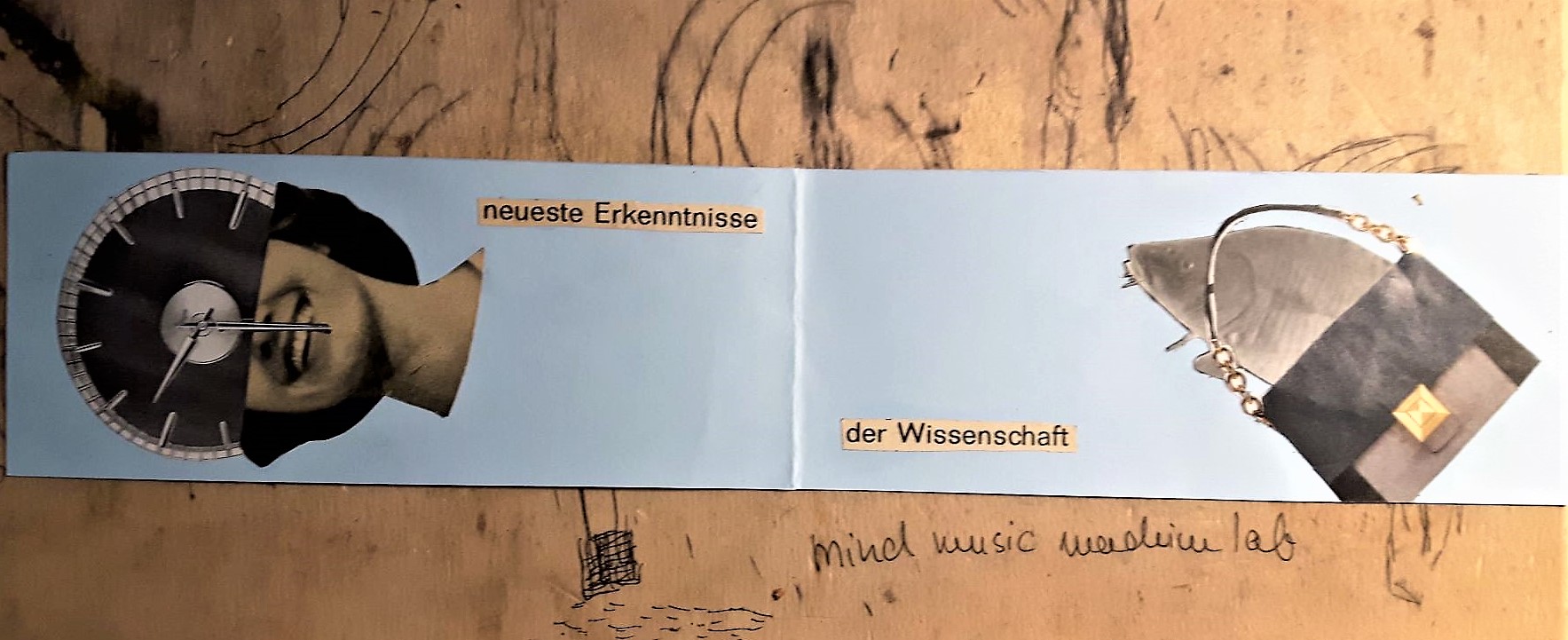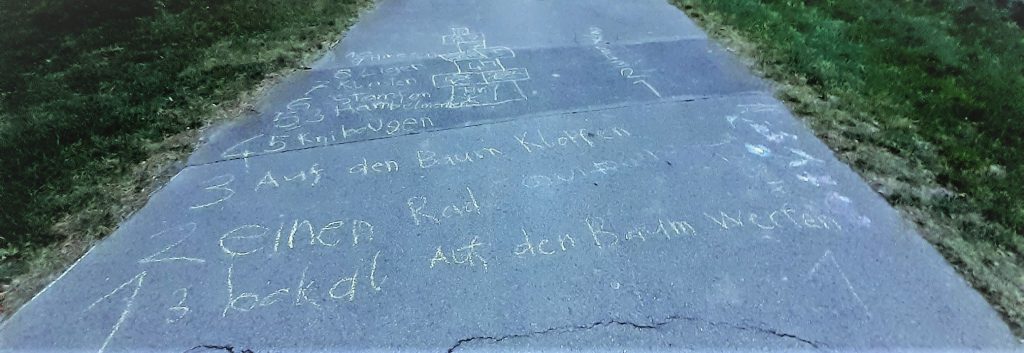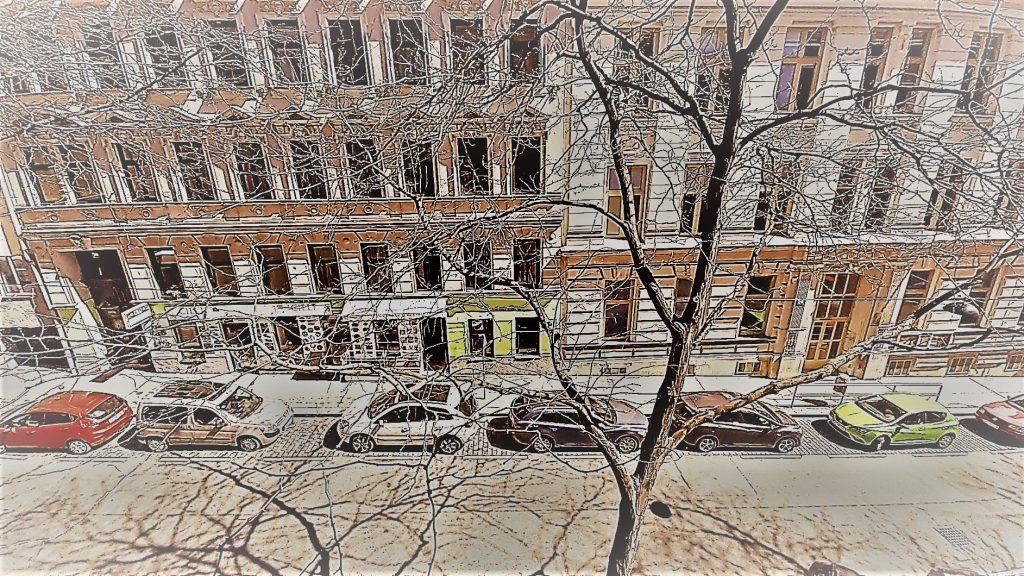
Wir Menschen sind wahrscheinlich eine Laune der Natur. Unsere Existenz hängt definitiv von der Natur ab und macht uns zu einem Teil der Natur, aber aufgrund unserer Denkfähigkeit überschreiten wir sie. Wir haben versucht, diesen Zwiespalt zu überwinden, indem wir die Idee der Harmonie zwischen Mensch und Natur aufgegeben, sie unterworfen und für unsere eigenen Zwecke transformiert haben, bis die Unterwerfung der Natur immer mehr zu ihrer Zerstörung wurde.
adapted from: Fromm, Erich. Haben Oder Sein: Die Seelischen Grundlagen e. Neuen Gesellschaft. 30, Aufl. München: Dt. Taschenbuchverl., 2001. p 19
We humans are probably a whim of nature. Our existence definitely depends on nature and makes us part of nature, but due to our reasoning capacity we transcend it. We have tried to overcome this dichotomy by giving up the idea of harmony between mankind and nature, by subjugating it and transforming it for our own purposes, until the subjugation of nature became more and more its destruction.


